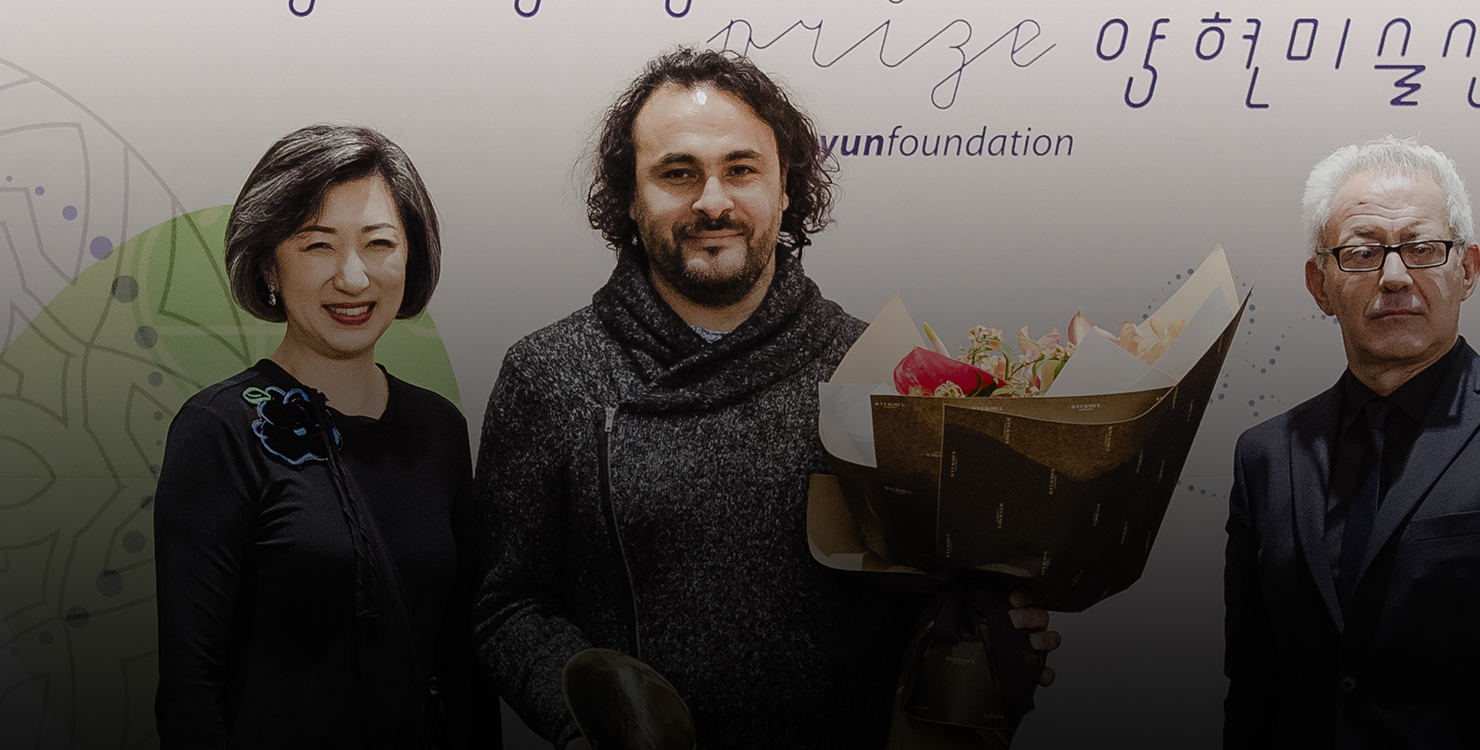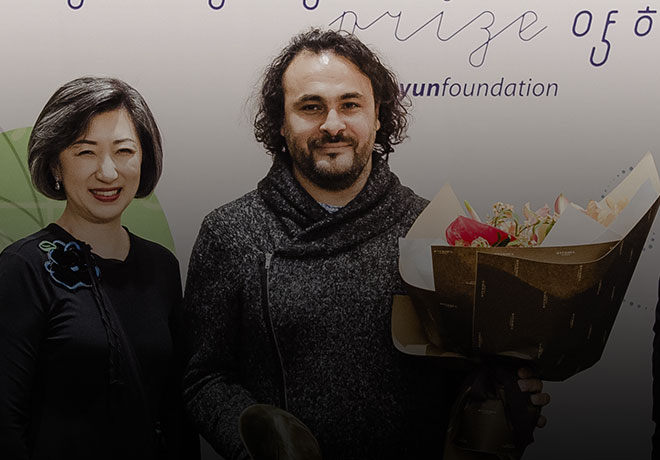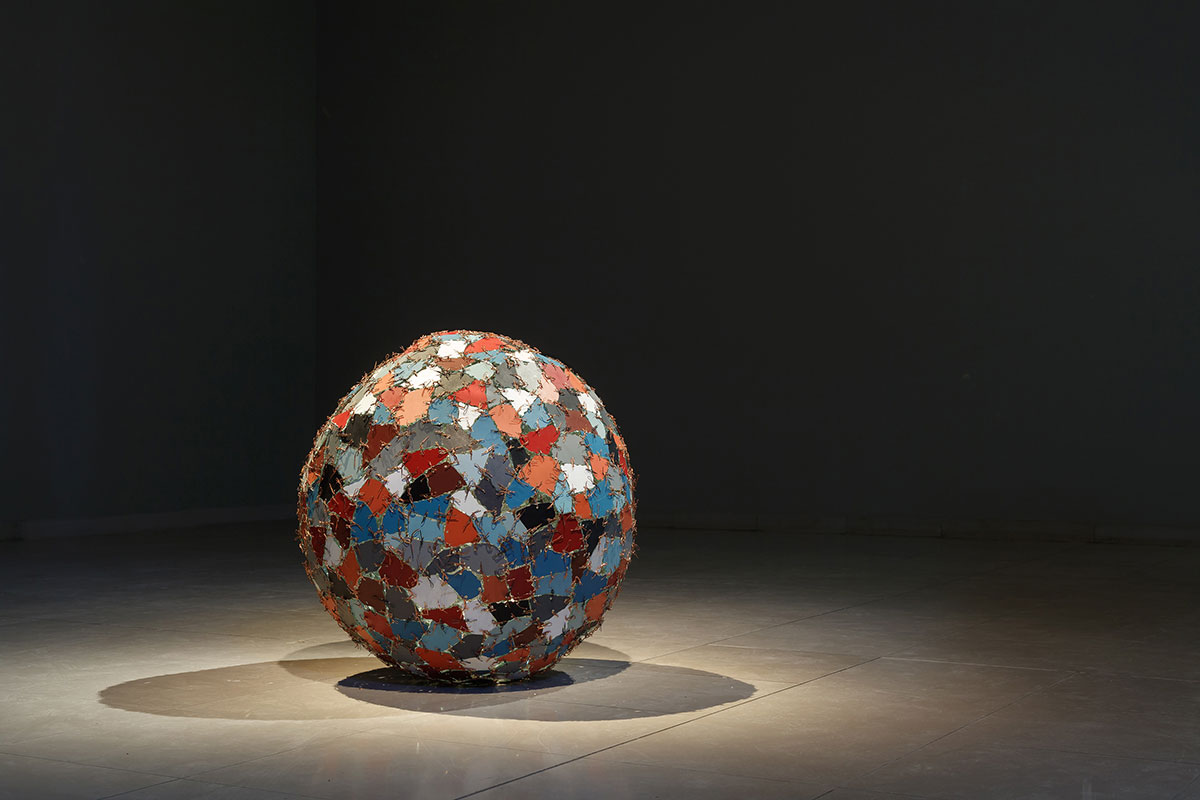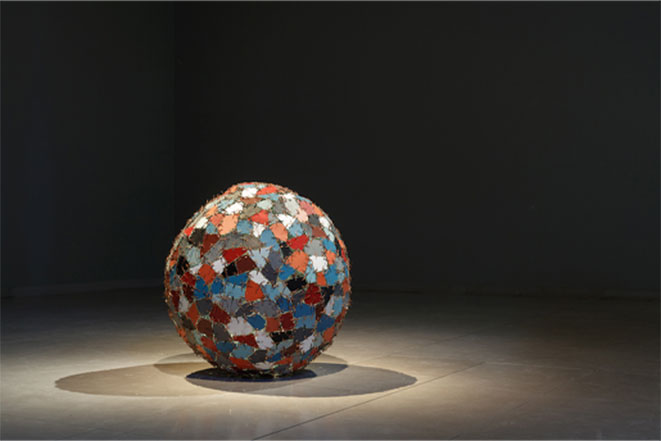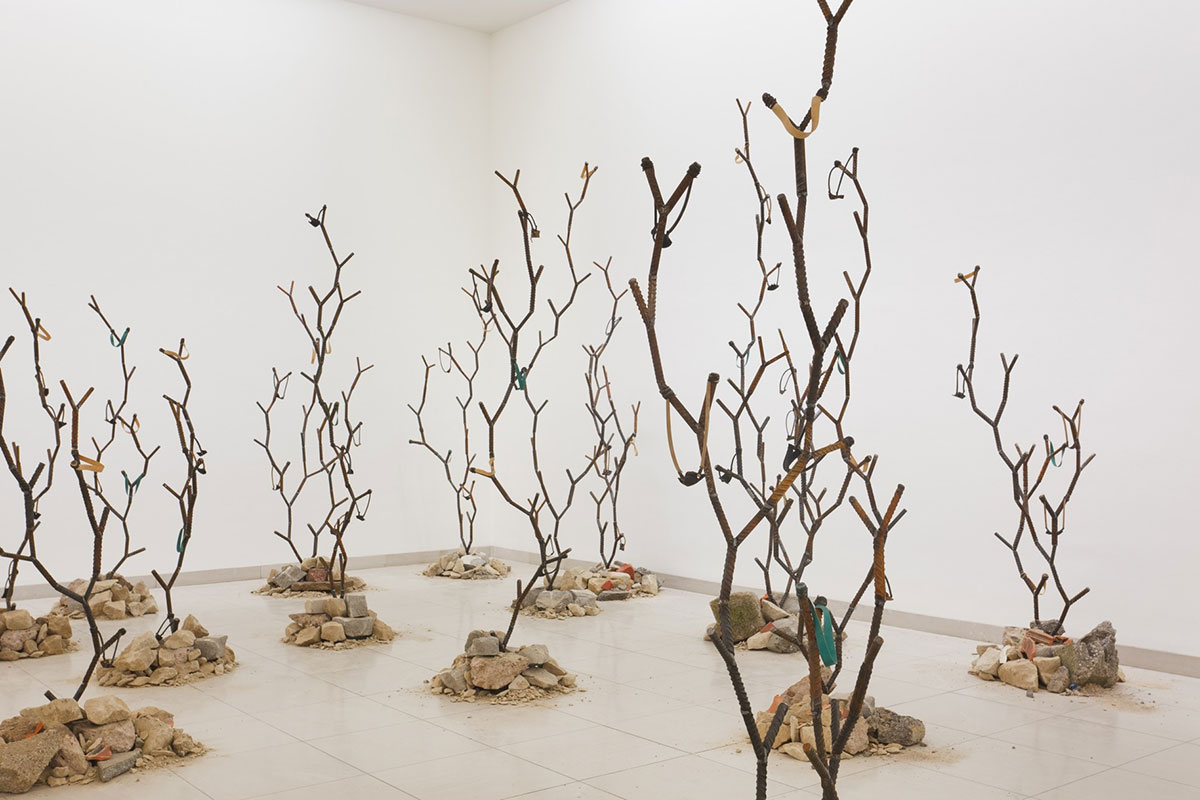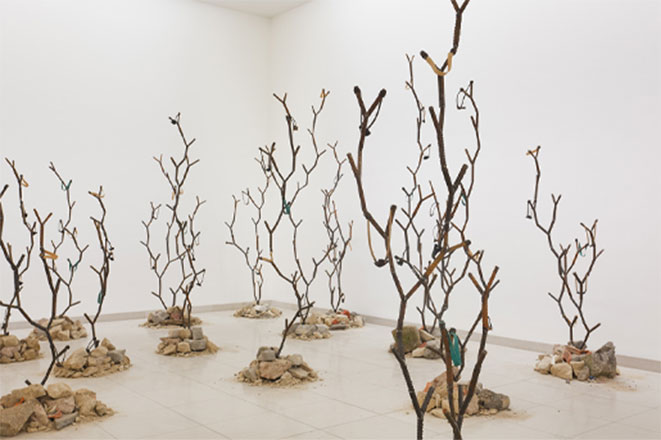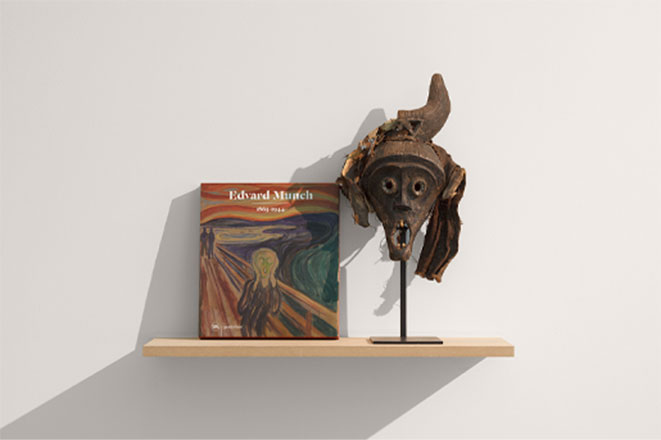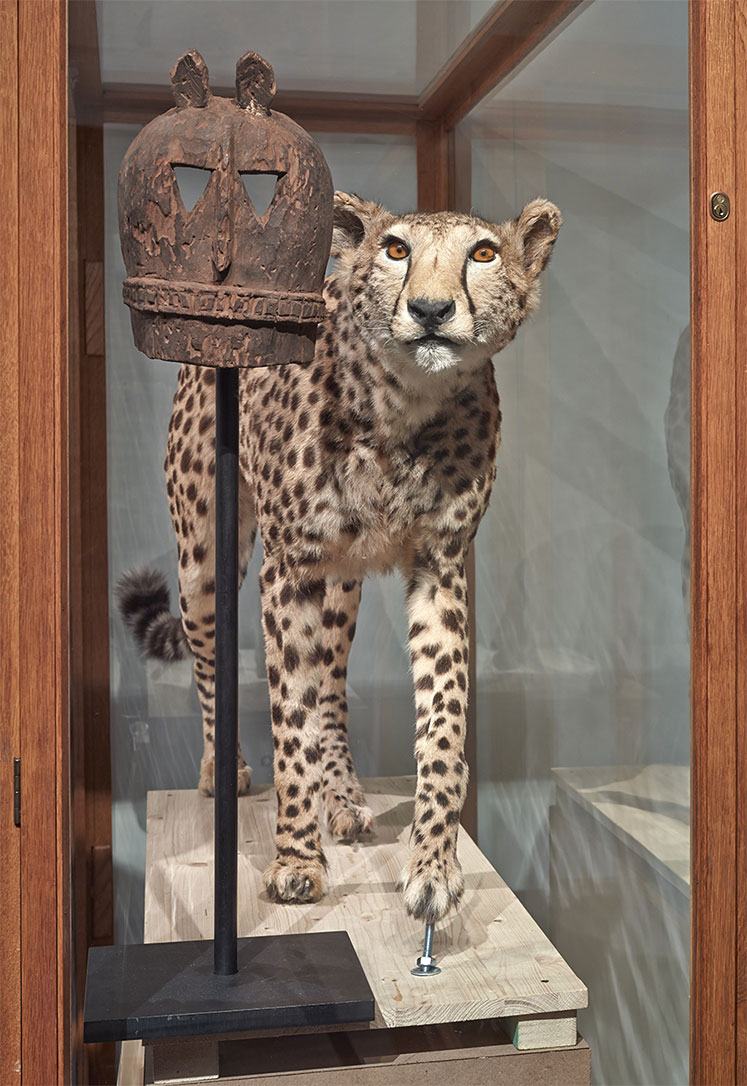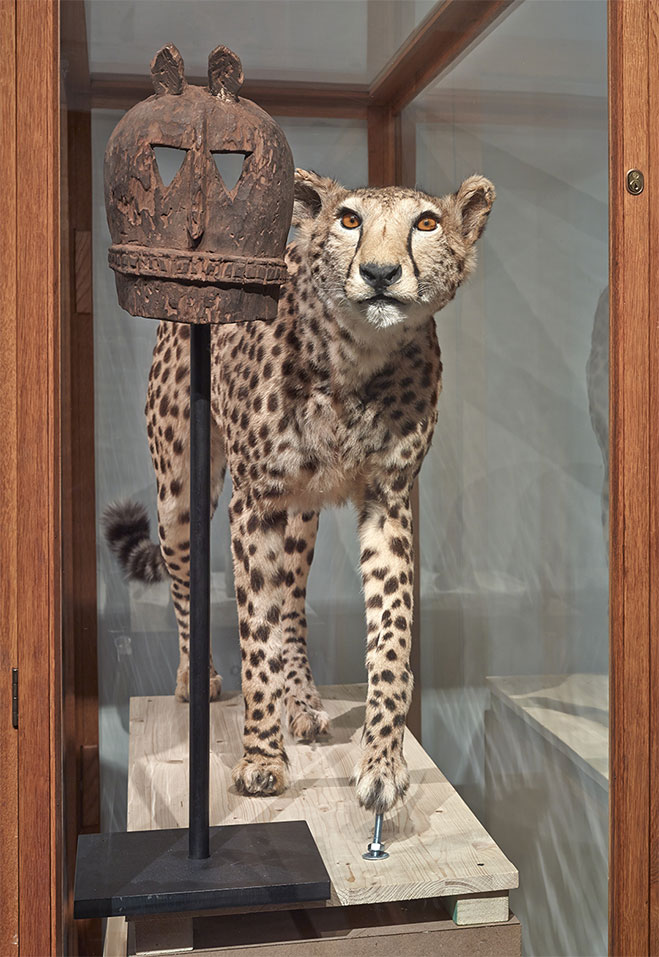The 10th Laureate
Kader Attia
Biography & Jury Statement
The Yanghyun Foundation (Eunyoung Choi, Chief Director), announced the French artist Kader Attia who works in Berlin and Algiers
as the winner of the 10th Yanghyun Prize on October 26 2017.
Kader Attia’s studio practice revolves around the suggested resolution of postcolonial conceptual and spatial conundrums.
Due to his complex French and Algerian heritage, Attia is often critical of contemporary culture’s lack of colonial recognition.
Through a diverse body of work articulated in sculpture, installation, photography and video he frequently explores the relationship between the human body
and architecture, positing that its ability to grapple with injury and repair is analogous to the complicated process of colonialism and independence.
Attia’s Untitled (Ghardaïa) (2009) was recently featured in the Guggenheim Museum’s exhibition “But a Storm Is Blowing from Paradise,” and is a sculpture
of the subtitular city from the ancient Algerian Mzab region, cast from couscous, a North African and Mediterranean food staple.
It explores the colonial legacy of French architecture, meditating in particular on the frequent borrowing from vernacular techniques that was famously undertaken
by Le Corbusier, who made unsolicited plans for buildings in Algeria in the 1950s.
Addressing both origins and meaning, Attia wittily explores the custodial genesis of architectural dogma in the form of a meal that imbues the fact
that researchers confirmed the influence of the Mzab region on Le Corbusier but remained silent about their findings.
Furthermore, Attia’s interest in exploring the exploitative history of modernism as an extension of colonialism is also embodied in his photographic series
Rochers Carrés (Square Rocks, 2008). Within this work Attia pictures young Algerians seated on large concrete blocks at a local beach, gazing out to sea in the direction
of an unseen Europe, a barrier between Africa and Europe. The blocks evoke the arbitrary and manmade nature of borders that serve to impede or control populations,
whilst ignoring the contemplative desire for a better life across the Mediterranean.
For Attia the hand of the artist is imperative in functioning as a tool of repair, restoring that which is broken or damaged, as is the act of making amends or
repatriation through his dynamic artistic practice.
This act is evidenced within the body of work he has produced over the course of the last decade, which has deftly explored the colonial implications
of a forcible injury and its repair; in this instance, the human form is akin to the artist’s interests in formal and informal architectures.
Attia’s assemblage of interviews presented within his recent award-winning film “Reflecting Memory” (2016), which operates as a visual essay with testimonies
from medical professionals, historians, philosophical thinkers and victims of trauma, explores the phantom limb syndrome and its wider societal implications.
Attia’s film elucidates that both injury and repair are systematic of a larger relationship that exists between political, social and intellectual discourse,
actively interweaving between the personal and public space and time.
Kader Attia was born in 1970 in Seine Saint-Denis, Dugny, France, and was raised in suburban Paris and Algeria.
He graduated from the Ecole Supérieure des Arts Appliqués Duperré, Paris, in 1993; Escola Massana Centre d’Art i Disseny, Barcelona, in 1994;
and Ecole Nationale Supérieure des Arts Décoratifs, Paris, in 1998. Kader Attia lives and works in Berlin and Algiers.





